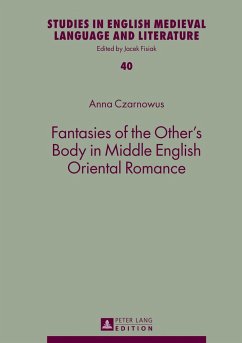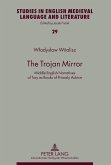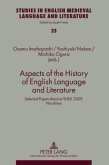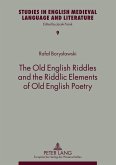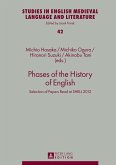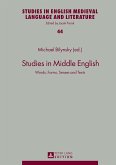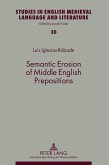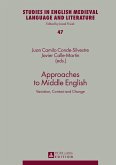This study attempts to analyze diverse aspects of the corporeality of cultural others in Middle English oriental romances. The theoretical introduction situates the romances in the context of anthropology of the body. The analysis includes a psychoanalytical perspective on an oriental female body in Chaucer's Squire's tale and Sir Ferumbras, anthropophagy in Richard le Coer de Lyon, slavery and hybridity in Floris and Blancheflour, Roberto Esposito's theory of immunization and the question of female grotesque in the English Charlemagne romances, King Horn and the othering of the same, and the influence of monstrous races on a Westerner in the Middle English Alexander romances. The overall perspective is not entirely a negative one. The Wonders of the East tradition counterbalances the negative vision to some extent, since it predates Romantic infatuation with the Orient.
Bitte wählen Sie Ihr Anliegen aus.
Rechnungen
Retourenschein anfordern
Bestellstatus
Storno

